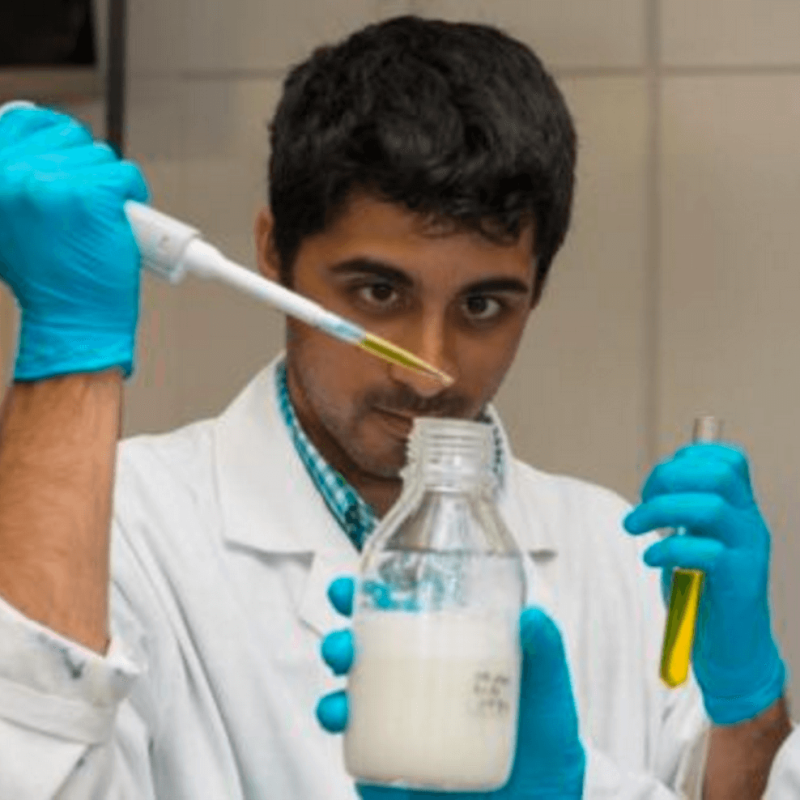[Editor’s note: The following is a Q&A with Swedish bio-hacker Hannes Sjoblad.]
Bio-hacking applies technology in innovative ways to modify biological systems like cells, plants, animals – and Homo sapiens.
Bio-hacker Hannes Sjoblad believes bio-hacking is all about the democratization of access to powerful technologies for the benefit of humankind. He tells DW how bio-hacking can revolutionize food production systems to help sustainably feed a growing global population.
Deutsche Welle: So you believe that bio-hacking can help humankind – as well as the Earth and the environment. Can you give us some examples?
Hannes Sjoblad: We know the meat and dairy industries are incredibly resource-inefficient. The current food production systems on the planet simply cannot sustain 7 billion inhabitants who would like to have the type of diet that you and I are used to.
So we need to make those systems a hundred times more efficient – and digital biology has the solution. By producing milk in vitro, we can make the process 10 to 100 times more energy-efficient.
There are now a lot of startups in the domain that we call digital biology or synthetic biology, where, for example, entrepreneurs can modify the genes of yeast cells to make them produce milk. So we can now produce milk without cows.
The GLP aggregated and excerpted this blog/article to reflect the diversity of news, opinion, and analysis. Read full, original post: Food from labs for a sustainable future?































